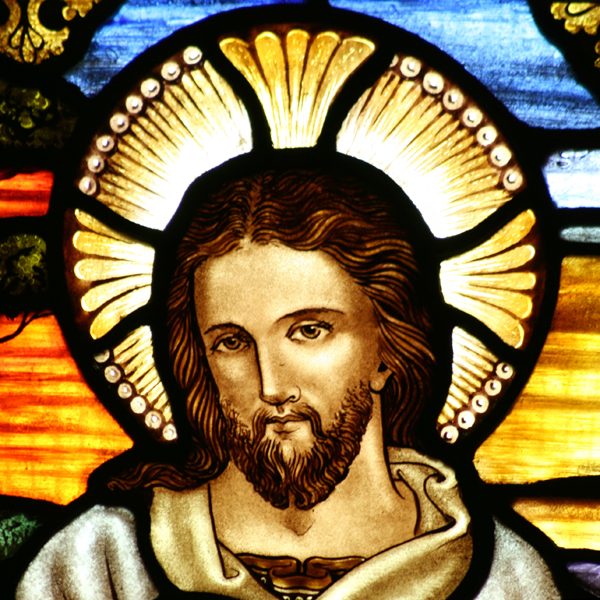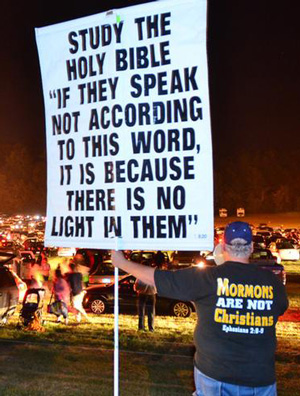I’m not sure why, but it’s curious to me that the topic of church attendance has popped up a time or two in recent conversations. It’s sort of different every time, but all of the occasions have been cordial, courteous, and even understanding and affirming of the thoughts we have on how we are part…
Tag: Religion
[ThisDay] Christianity, or Jesus? (Aren’t They the Same?)
January 22nd in GregsHead history was slightly more difficult to whittle down than some of the other days. It was not due to volume, though—only five posts. Four of the five posts are worth reading (the other is worth it if you are using WordPress for blogging…) but of the six options, I selected the…
The World of Pretend [Church Book Excerpt]
Fridays in August will be featuring a selected chapter from the book I published on the topic of the Church, titled, There’s The Steeple… Here’s The Church—I call it “The Church Book”. If you’d like to read the rest, click the book cover to the left to purchase your copy from Amazon.com! (And, thank you!)…
The Need to Be Right (Can Be So Wrong!)
Somehow, through the centuries and millennia of history, religious folk have gotten the notion that the supreme goal of their spiritual pursuit is to know the right answer—to find and know the Truth. With a capital ‘T’. Certainly a goal of spiritual hunger is to find answers, enlightenment, and ‘truth’. But just what that means—”What…
Our Experience at the Hill Cumorah Pageant
“You’re all sinners! You are an abomination to God!!” These words were angrily spit at the thousands of people peacefully passing through the entrance to the Hill Cumorah Pageant’s last showing for 2013—an event which was attended by this writer and his wife. Friends of ours participated in the Pageant this year. They played various…
Christianity, or Jesus? (Aren’t They the Same?)
Our family is currently making our way through the book of Luke together. We’re taking our time, but I do enjoy reading in larger chunks, so we will often read what might be the subject of an entire series of sermons in one sitting. Tonight, we read through the fifteenth chapter: the three stories of…
Lord, Save Us From Your Followers
Being a fan of documentaries, and, having many thoughts on the nature and condition of the church, I was intrigued enough by the title and description of the movie above to click the play button on a recent visit to Hulu.com. As the video began, I wasn’t entirely sure which “side” was being presented. I…
The Church Is The Fruit, Not The Cause
I’m catching up on listening to some old podcasts while I work today, and just thought I’d take note of (and share here) something that was “just” said on The God Journey podcast. “You get the idea that this didn’t begin with management. It began with life. And that life expanded among a group of…
Mr. Deity – "An Helpmeet"
From Crackle: Mr. Deity and the Help Meet – Season 2, Ep 9 Not really sure why, but this week’s episode of Mr. Deity made me laugh. So, here I shall share. 🙂 This show can be a bit “sketchy” at times, but I happily approve of this one. Funny stuff 🙂 (By the way,…
Freedom
A couple times this weekend, the concept of freedom came up in conversation. It was in relation to the church, and life together as followers of Jesus. And really, it starts with life as an individual follower of Jesus. When speaking with some friends who are equally saddened by the focus of the American church…


